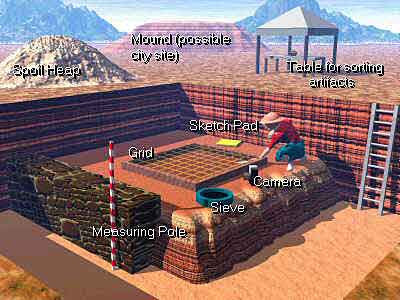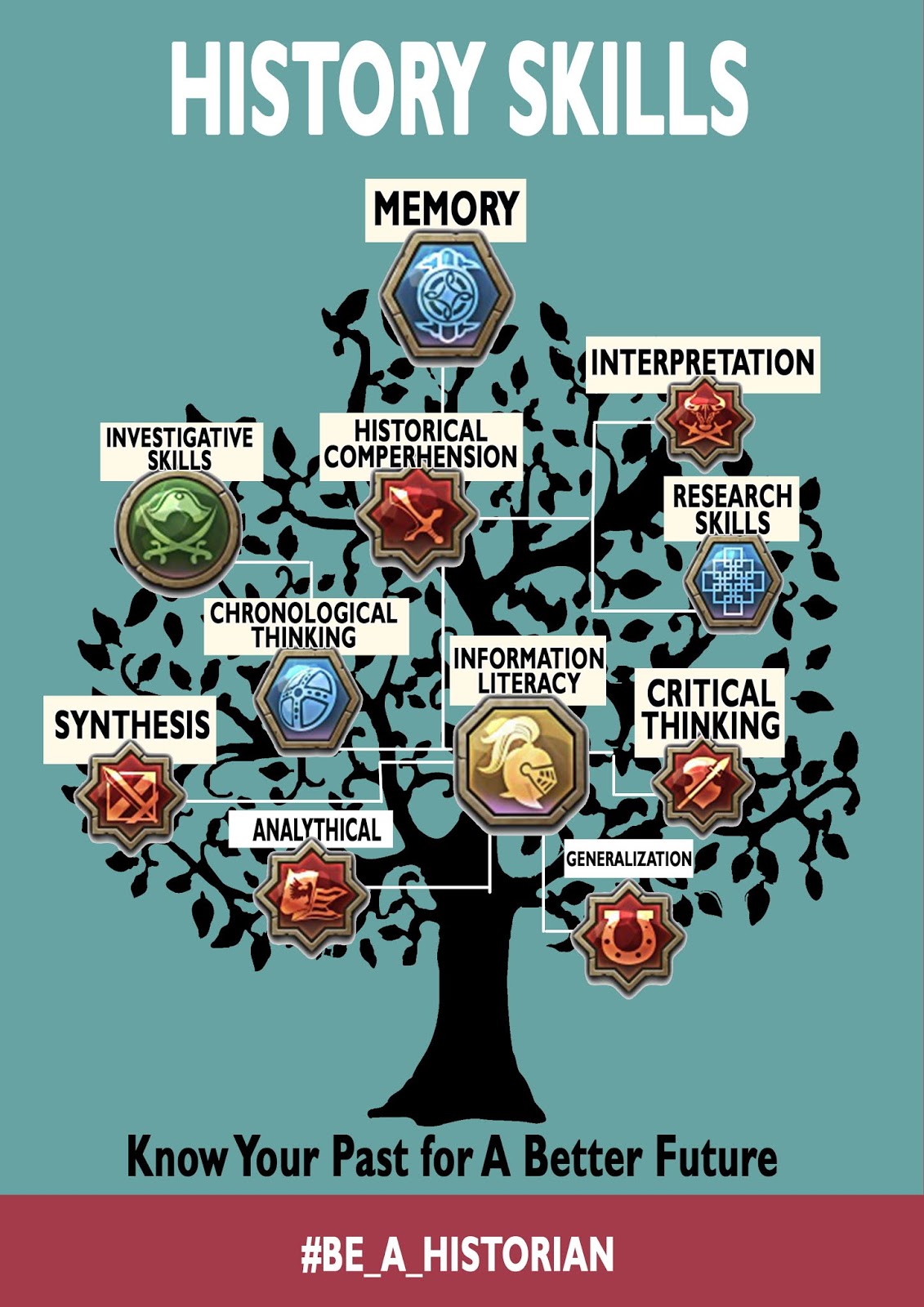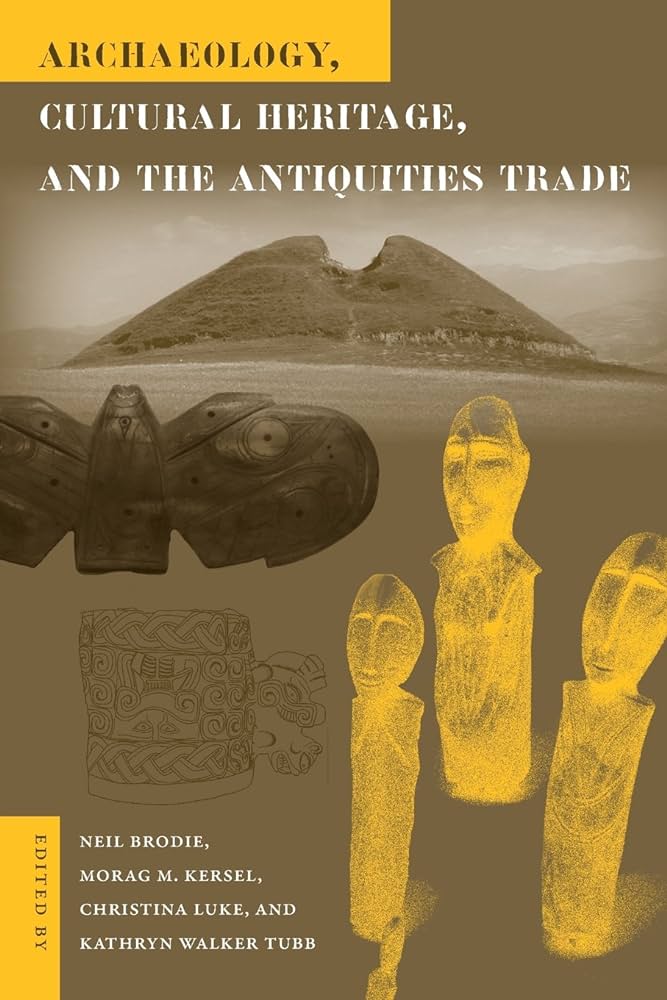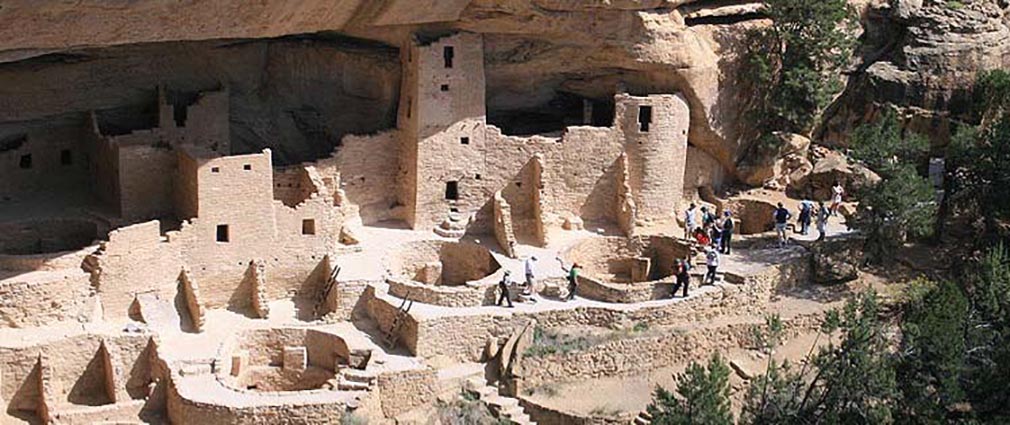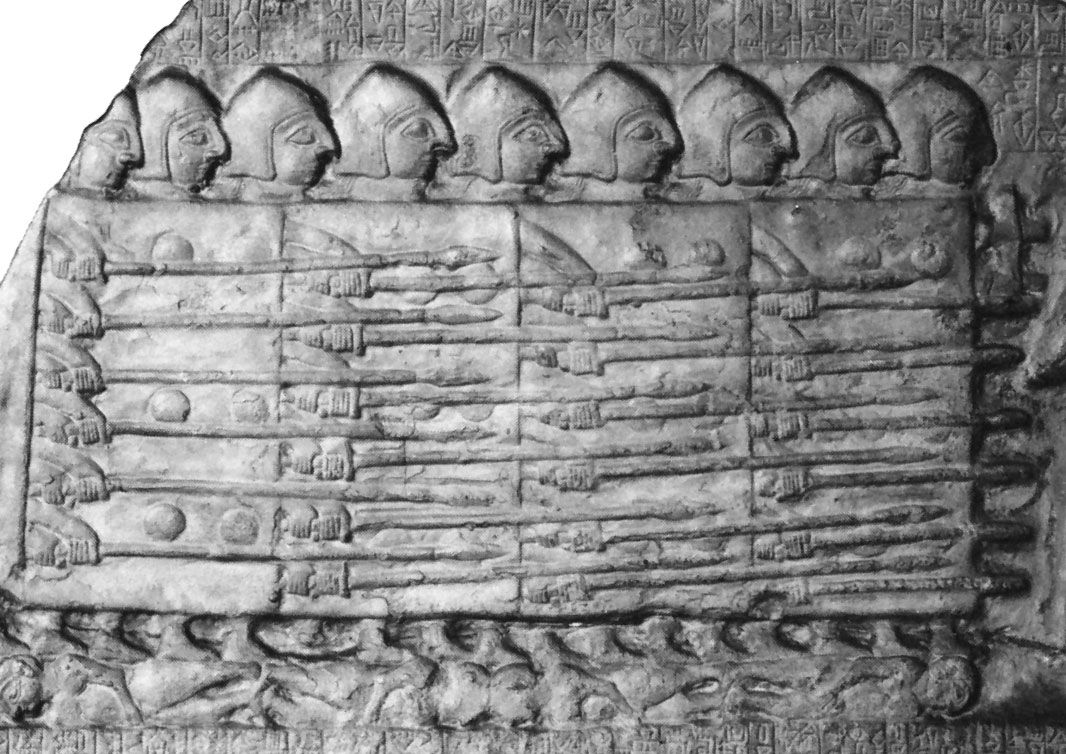Uncovering the Past – Exploring Archaeological Theory
In the fascinating field of archaeology, researchers delve into the mysteries of ancient civilizations, uncovering clues from the past that shape our understanding of human history. This blog post explores the realm of archaeological theory, shedding light on various approaches and methodologies used to interpret archaeological findings.
1. Introduction to Archaeological Theory:
Archaeological theory forms the backbone of archaeological research, providing a framework for understanding and interpreting the material remains of ancient cultures. It encompasses a wide range of perspectives and methodologies, guiding archaeologists in their quest to reconstruct the past.
2. Cultural-Historical Approach:
The cultural-historical approach, also known as processual archaeology, dominated the discipline from the 1960s to the 1980s. It emphasizes the scientific study of culture change through the analysis of artifacts and environmental data. This approach seeks to understand how societies operated and changed over time.
3. Postprocessual Archaeology:
Emerging in the 1980s as a reaction to the cultural-historical approach, postprocessual archaeology emphasizes the subjective and interpretive nature of archaeological research. It takes into account the role of individuals, social relations, and ideologies in shaping past societies. This approach emphasizes the importance of multiple perspectives and challenges the notion of a single objective truth.
4. Cognitive Archaeology:
Cognitive archaeology focuses on understanding past human cognition, including aspects such as language, symbolism, and memory. By examining material remains and their spatial patterns, cognitive archaeologists aim to reconstruct the mental processes and worldviews of ancient peoples. This approach provides insights into how people thought and organized their societies.
5. Gender Archaeology:
Gender archaeology seeks to explore gender roles, identities, and power relationships in past societies. By examining burial patterns, artifacts, and representations of gender in the archaeological record, gender archaeologists unravel the ways in which gender shaped social structures throughout history. This approach highlights the significance of gender in understanding past cultures.
6. Landscape Archaeology:
Landscape archaeology studies the relationship between people and their environment. It explores how ancient societies interacted with and shaped their landscapes through settlement patterns, land use, and ritual practices. By examining the spatial context of archaeological sites, landscape archaeologists gain insights into the socio-cultural dynamics of past communities.
7. Experimental Archaeology:
Experimental archaeology involves reconstructing ancient technologies, practices, and activities to gain practical insights into how they were accomplished. By replicating tools, structures, and processes, experimental archaeologists test hypotheses about the past, enhancing our understanding of ancient techniques and providing a unique perspective on past human behavior.
8. Challenges and Future Directions:
Archaeological theory is a dynamic field that continually evolves as new perspectives and methodologies emerge. Challenges faced by archaeologists include ethical considerations, the integration of Indigenous knowledge, and the use of advanced technologies in data analysis. The future of archaeological theory promises exciting advancements, as interdisciplinary collaborations and digital innovations push the boundaries of archaeological research.
In conclusion, archaeological theory plays a crucial role in helping us decipher the mysteries of our past. By exploring various approaches such as the cultural-historical approach, postprocessual archaeology, cognitive archaeology, gender archaeology, landscape archaeology, and experimental archaeology, researchers gain valuable insights into past civilizations. As the field continues to evolve, archaeologists are poised to unravel even more extraordinary stories from the depths of time.







